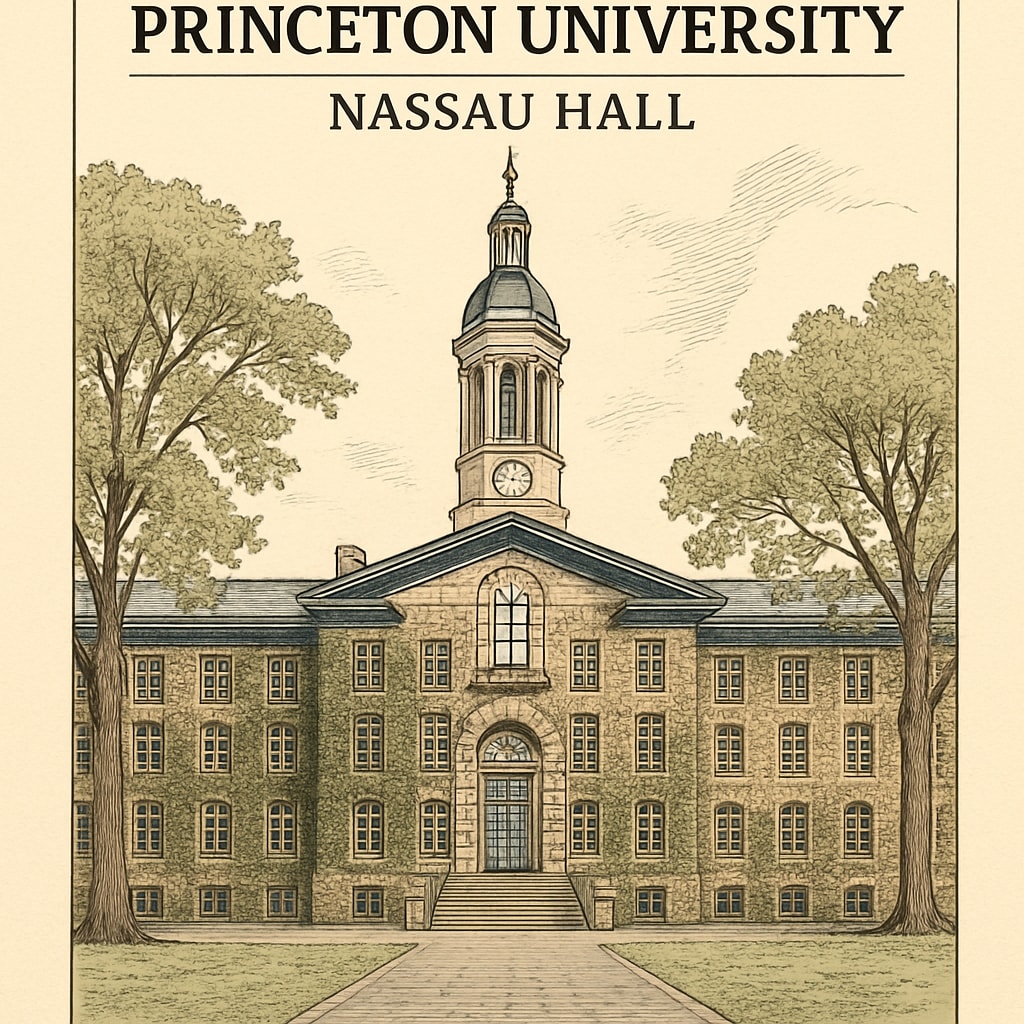The perceived prestige of Ivy League schools, especially Princeton, has long dominated conversations about higher education. However, the overvaluation of these institutions deserves a closer look. Are they truly as transformative as they are often made out to be, or is this perception a product of societal bias and marketing? It’s time to reconsider our collective infatuation with schools like Princeton and challenge the narrative that they are the ultimate key to success.
Breaking Down the Ivy League Aura
For decades, Ivy League universities have been synonymous with excellence, exclusivity, and opportunity. This reputation is not without merit—these institutions boast significant endowments, world-class faculty, and extensive alumni networks. Yet, focusing solely on these aspects often overlooks critical questions about accessibility, real-world outcomes, and the broader purpose of education.
According to Britannica, the Ivy League originated as an athletic conference but has since become a symbol of academic elitism. While such branding positions these schools as gateways to success, it also perpetuates the notion that other institutions are inherently less valuable. This mindset can limit students’ perspectives and opportunities.

Princeton: A Case Study in Overvaluation
Princeton University, often regarded as one of the crown jewels of the Ivy League, exemplifies the challenges of overvaluation. The school is undeniably impressive on paper, with its low student-to-faculty ratio, cutting-edge research facilities, and high graduation rates. However, these metrics do not tell the full story.
Critics argue that Princeton’s exclusivity contributes to systemic inequalities. With an acceptance rate of less than 5%, the university often admits students from privileged backgrounds who already have access to excellent resources. This raises the question: does Princeton truly transform lives, or does it simply reinforce existing advantages?
Moreover, research from organizations like Pew Research Center suggests that long-term career success depends more on individual skills and adaptability than on the name of one’s alma mater. While Princeton alumni often thrive, their success may stem more from personal drive and pre-existing networks than from the education they received.

Rethinking the Purpose of Education
At its core, education should be about empowerment, skill development, and fostering critical thinking. However, the obsession with Ivy League schools, including Princeton, often shifts the focus away from these goals. Instead of prioritizing learning and growth, students and parents may fixate on prestige and rankings.
As a result, many capable students overlook excellent public universities, liberal arts colleges, and vocational programs that could better suit their needs. This obsession with elite institutions not only narrows educational pathways but also perpetuates a culture of exclusivity and unnecessary competition.
What Can Parents and Educators Do?
To counteract the overvaluation of Ivy League schools, parents and educators must emphasize the following:
- Broadening Horizons: Encourage students to explore a range of colleges and programs, including those outside the Ivy League.
- Focusing on Fit: Help students identify schools that align with their interests, values, and career goals.
- Valuing Skills Over Prestige: Highlight the importance of developing practical skills, creativity, and adaptability.
- Addressing Socioeconomic Barriers: Advocate for policies that make higher education more accessible and equitable for all students.
By shifting the conversation, we can help foster a more inclusive and holistic approach to education.
In conclusion, while institutions like Princeton have undeniable strengths, they are not the sole arbiters of success. It is essential to challenge the narrative that Ivy League schools are the ultimate goal and instead focus on creating diverse educational opportunities that benefit all students.
Readability guidance: Use concise paragraphs, lists to summarize points, and ensure a balanced tone. Avoid overgeneralizations and present evidence-backed arguments.


